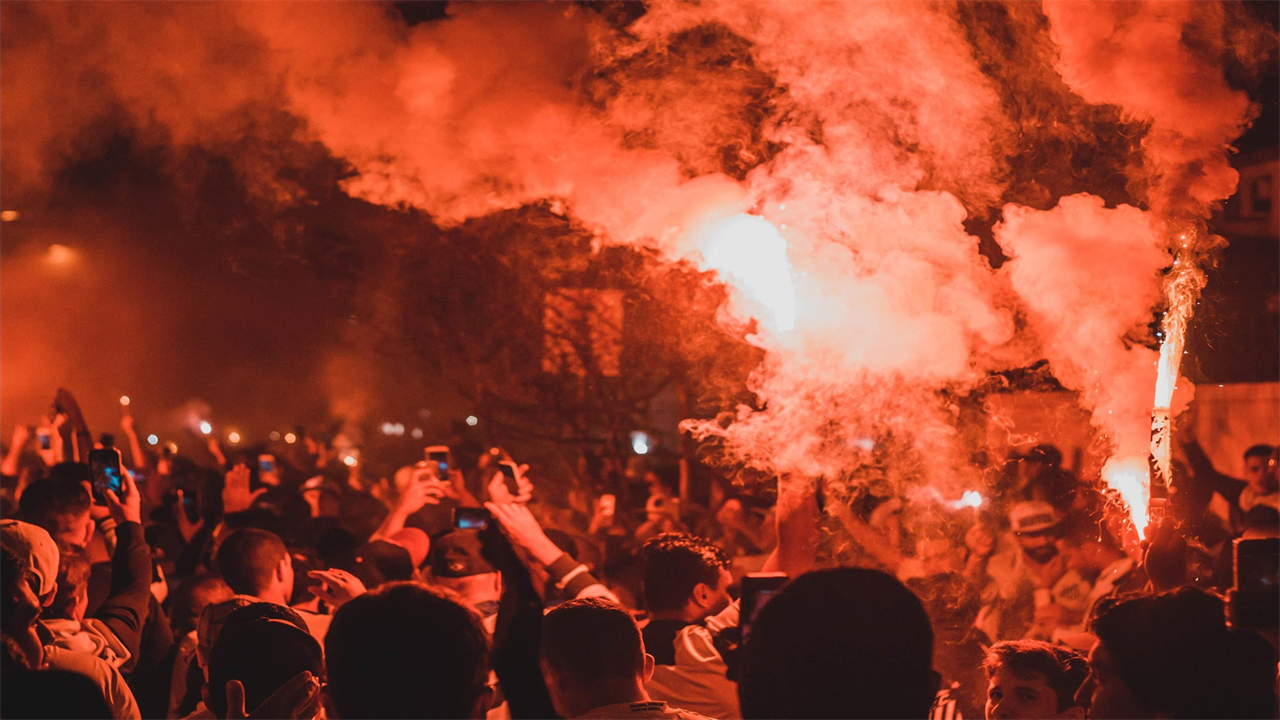COVID-19 Pandemic Burdens May Contribute to Outbreaks of Violent Protest and Antigovernment Sentiment
0 View
Share this Video
- Publish Date:
- 9 August, 2021
- Category:
- Covid
- Video License
- Standard License
- Imported From:
- Youtube
Tags

The COVID-19 pandemic is the most serious global health crisis of the 21st century. While media reports and policy guidelines tend to focus on the health and economic aspects of the pandemic, new research suggests the pandemic is also destabilizing the fundamental relationship between citizens and the state.
“The pandemic has disrupted our normal way of life, causing frustrations, unprecedented social exclusion and a range of other concerns,” said Henrikas Bartusevičius, a researcher at the Peace Research Institute Oslo and co-author of a paper published in the journal Psychological Science. “Our studies show that the psychological toll of life from a pandemic also generated anti-government and anti-system attitudes that led to political violence in a number of countries.”
Bartusevičius and his colleagues asked 6,000 adults from the United States, Denmark, Italy and Hungary if and how the COVID-19 pandemic had negatively affected their health, finances, relationships and rights. The interviewees were asked to report whether they were dissatisfied with their societies and governments and whether they were motivated to participate in protests or political violence, or had already done so.
The results of this study revealed striking links between the psychological burden of COVID-19 and highly disruptive feelings and behaviors, including the use of violence for a political cause. In contrast, the study found no consistent correlations between the COVID-19 burden and motivation to engage in peaceful forms of activism.
“We were also surprised to find that the COVID-19 burden does not require additional triggers to motivate political violence,” Bartusevičius said. “It’s seemingly enough on its own.”
COVID-19 burden is the overall psychological toll of life from a pandemic. It is the sum of individual stress a person experiences during a pandemic and the responses governments take to it, such as lockdown measures, mask mandates and physical distancing guidelines.
The researchers found that in the United States, in particular, those who experienced a higher COVID-19 burden were also more likely to report involvement in violence during the Black Lives Matter protests and counter-protests. The pandemic and associated lockdowns may have contributed to the frustrations unleashed by these events, the researchers said.
“This is the first time in the modern era that highly individualized Western democracies have faced a major pandemic,” said study co-author Michael Bang Peterson, a researcher at Aarhus University in Denmark. Before the pandemic, there was little knowledge about how societies would respond or cope with such a crisis. “Our research presents some of the first evidence of the disruptive potential of pandemics and their associated lockdowns,” he said.
The researchers did find differences between countries, with Danish respondents reporting the lowest COVID-19 burden and Hungarian respondents the highest. However, there were no significant differences in the effects of the COVID-19 burden between the four countries. For example, while the average Dane felt less burdened by the pandemic than respondents in other countries, Danes who felt more burdened displayed anti-systemic attitudes and motivations for political violence similar to those reported elsewhere.
The researchers proposed several possible explanations for why pandemics can lead to civil unrest. The pandemic and lockdowns have unequally ravaged certain social groups, likely fueling perceptions of injustice and anger that can in turn be directed against governments. Also, the burden of COVID-19 may contribute to social exclusion and marginalization as normal social life disappears, which could fuel anti-systemic attitudes and motivations for political violence.
The researchers concluded that in the wake of pandemics, recovery programs should do more than address public health and the economy; they must also make an effort to restore the relationship between citizens and the political system.
Reference: “The psychological burden of the COVID-19 pandemic is associated with anti-systemic attitudes and political violence” by Bartusevičius, H., Bor, A., Jorgensen, F., and Petersen, MB, August 9, 2021, Psychological Science .
DOI: 10.1177/09567976211031847










